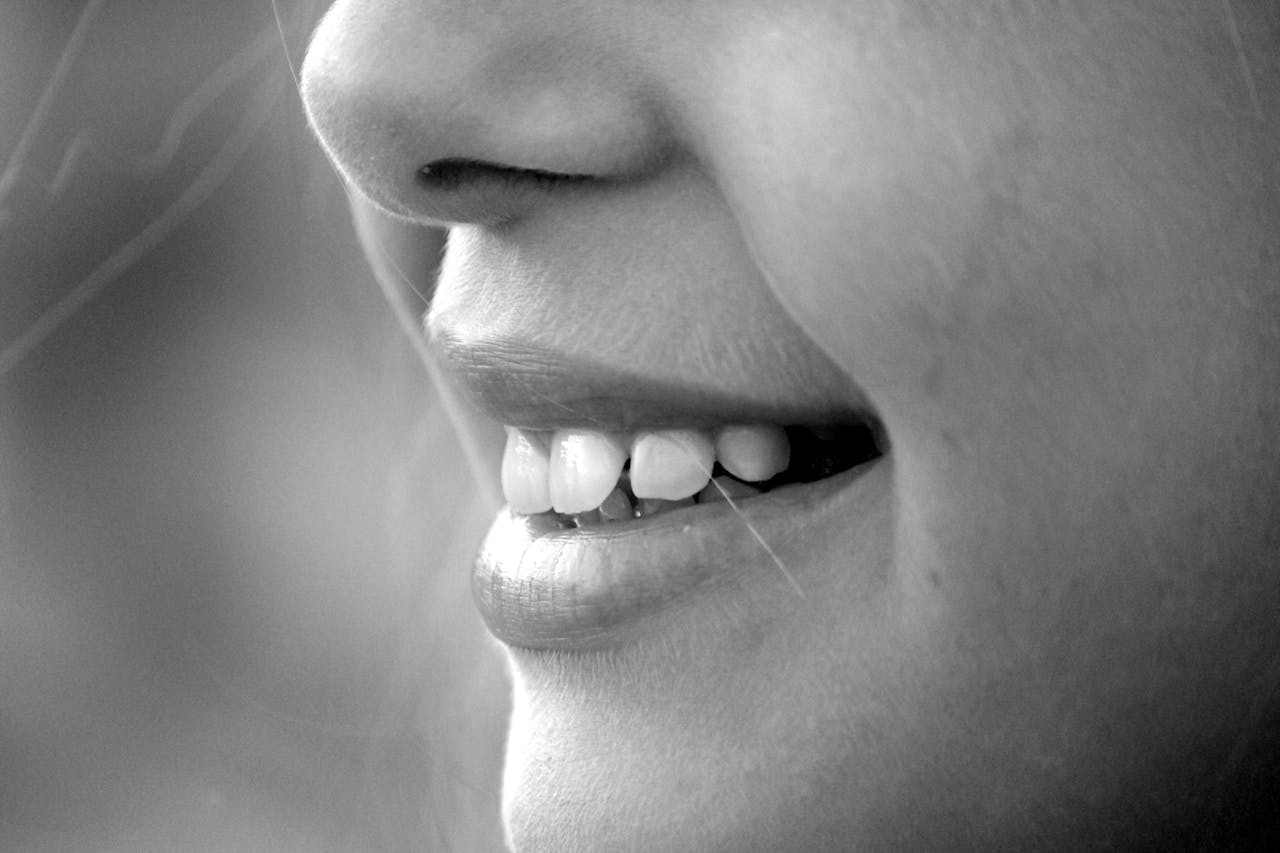Tooth sensitivity is a common dental issue that can make daily activities like eating and drinking uncomfortable or even painful. At Park Street Dental Practice, we understand how frustrating tooth sensitivity can be and are here to help you find relief. In this post, we’ll discuss the causes of tooth sensitivity, why it happens, and what treatment options are available to help you get back to enjoying your favourite foods and beverages without discomfort.
What Causes Tooth Sensitivity?
Tooth sensitivity occurs when the protective layers of a tooth are compromised, exposing the softer dentin layer beneath. Dentin contains tiny tubules that connect to nerve endings, and when exposed to heat, cold, acidic foods, or even air, they can trigger sharp, temporary pain. Here are some of the most common causes of tooth sensitivity:
- Worn Enamel
Enamel is the hard outer layer that protects the sensitive inner layers of the tooth. Over time, enamel can wear down due to aggressive brushing, grinding (bruxism), or consuming highly acidic foods and drinks. When enamel becomes thin, the dentin underneath is exposed, increasing sensitivity. - Gum Recession
Gum recession, often caused by gum disease or aggressive brushing, can expose the roots of the teeth. Unlike the crown of the tooth, which is covered by enamel, tooth roots have no such protection, making them highly sensitive to temperature and pressure. - Tooth Decay or Damage
Cavities, cracked teeth, or worn fillings can also lead to sensitivity. These issues can expose the inner layers of the tooth, allowing external stimuli to reach the nerves, resulting in discomfort. - Acidic Foods and Drinks
Acidic foods and beverages, like citrus fruits, carbonated drinks, and vinegar-based products, can erode enamel over time, especially if consumed regularly. This erosion thins the enamel and contributes to sensitivity. - Teeth Whitening Treatments
Some whitening treatments, particularly those done at home or without professional supervision, can increase tooth sensitivity. The bleaching agents used in these treatments may temporarily irritate the tooth nerve endings, causing heightened sensitivity. - Dental Procedures
Sensitivity can sometimes occur following dental procedures such as fillings, crowns, or cleanings. While this type of sensitivity is typically temporary and should subside after a few days, it’s important to consult with a dentist if it persists.
Solutions for Tooth Sensitivity
Fortunately, there are effective ways to manage and reduce tooth sensitivity. Here are some recommended treatments and practices we offer at Park Street Dental Practice:
- Desensitising Toothpaste
Desensitising toothpaste can help reduce sensitivity by blocking the tubules in the dentin, preventing stimuli from reaching the nerves. These toothpastes are readily available and can be an effective at-home solution for mild sensitivity. Our team can recommend the most suitable options based on your needs. - Fluoride Treatments
Fluoride is a mineral that strengthens enamel and helps protect against decay. Professional fluoride treatments, such as gels or varnishes applied by your dentist, can help reduce sensitivity by reinforcing enamel and making it more resistant to acidic foods and wear. - Dental Bonding
For cases where sensitivity is due to exposed roots or enamel loss, dental bonding can be an effective solution. Bonding involves applying a tooth-coloured resin to the sensitive areas, which covers the exposed dentin and reduces pain. - Gum Grafts
For severe gum recession, a gum graft procedure can be considered. This treatment involves using gum tissue from another area of the mouth (or synthetic material) to cover the exposed roots, reducing sensitivity and protecting the tooth structure. - Mouthguards for Grinding
If bruxism is causing enamel wear, a custom-fitted mouthguard can help prevent further damage. Mouthguards cushion the teeth and protect enamel from the grinding forces, reducing sensitivity over time. - Avoiding Trigger Foods and Drinks
Limiting your intake of acidic and sugary foods and drinks can prevent further enamel erosion. Try to avoid very hot or cold foods as well, as these can aggravate sensitive teeth. Drinking water after consuming acidic foods and using a straw for acidic beverages can also help reduce exposure. - Changing Brushing Techniques
Brushing too hard or using a hard-bristled toothbrush can worsen sensitivity by wearing down enamel and irritating the gums. Opt for a soft-bristled toothbrush and brush gently in a circular motion to protect your teeth. Our team can demonstrate gentle brushing techniques that are effective and safe for enamel. - Professional Dental Cleaning and Maintenance
Regular dental check-ups and cleanings are essential for managing tooth sensitivity. Professional cleaning helps prevent plaque build-up and removes harmful bacteria, reducing the risk of gum disease and enamel erosion. Our team at Park Street Dental will also monitor your dental health to catch early signs of sensitivity and recommend suitable treatments as needed.
When to See Your Dentist
If you’re experiencing tooth sensitivity that doesn’t improve with home care, it’s time to seek professional advice. Persistent sensitivity may indicate an underlying issue, such as a cavity or gum disease, that requires treatment. At Park Street Dental, we’ll perform a thorough examination to pinpoint the cause of your sensitivity and provide the most appropriate care to alleviate your discomfort.
Conclusion
Tooth sensitivity can interfere with daily activities and impact your quality of life, but with the right care, relief is possible. Whether it’s adjusting your brushing techniques, applying professional fluoride treatments, or addressing underlying conditions, Park Street Dental Practice is here to help you find a solution that works.
If you’re struggling with sensitive teeth, don’t hesitate to reach out to our team. Book an appointment with us to discuss your symptoms, and let us work together to help you enjoy a pain-free smile again!
